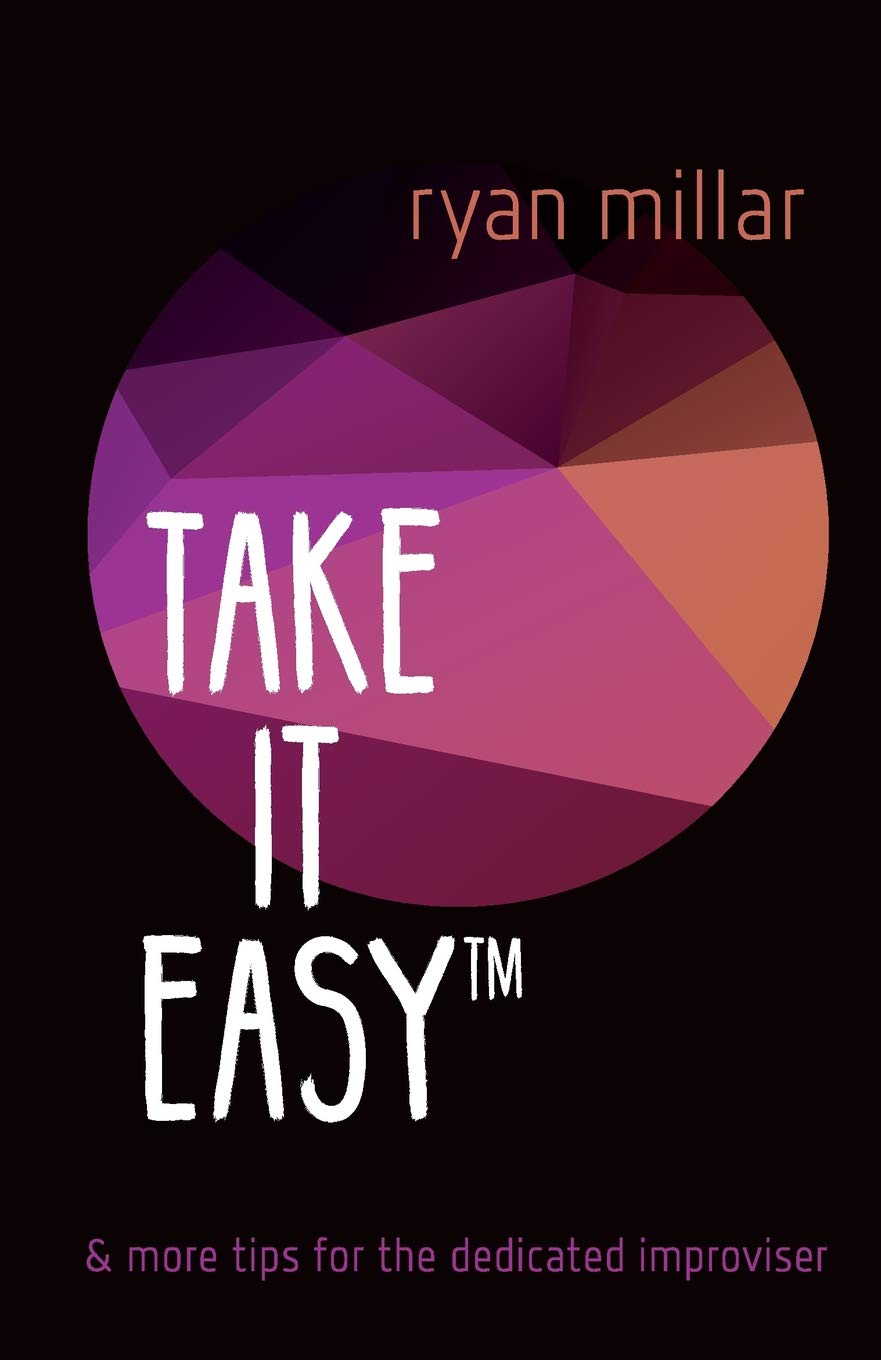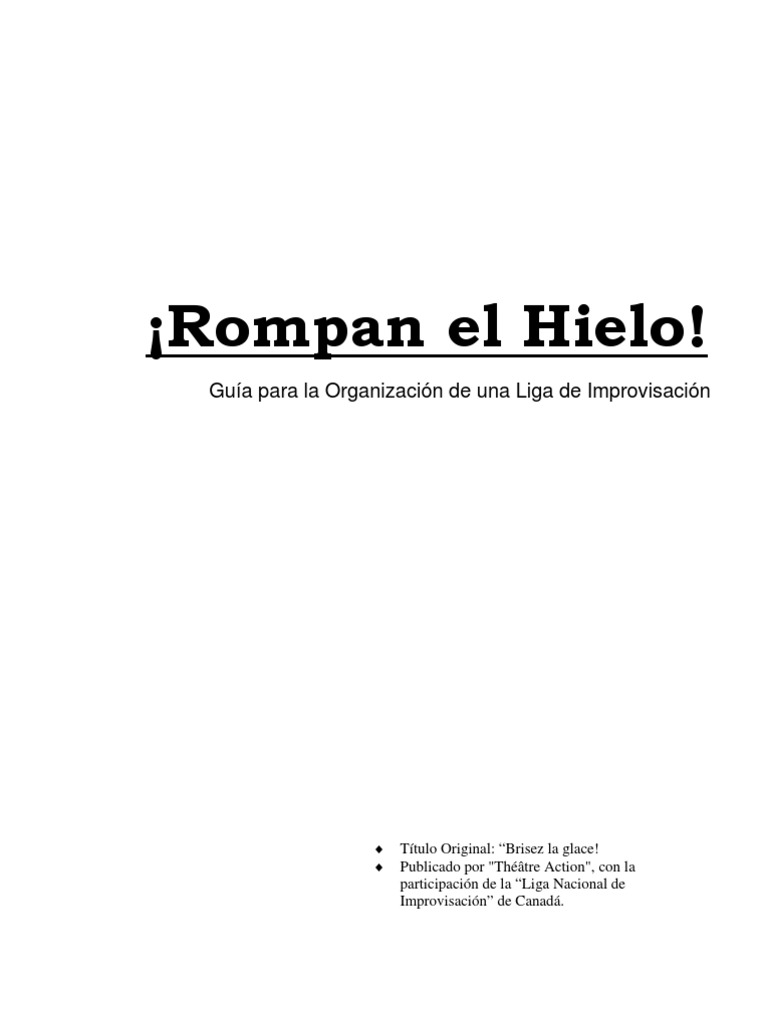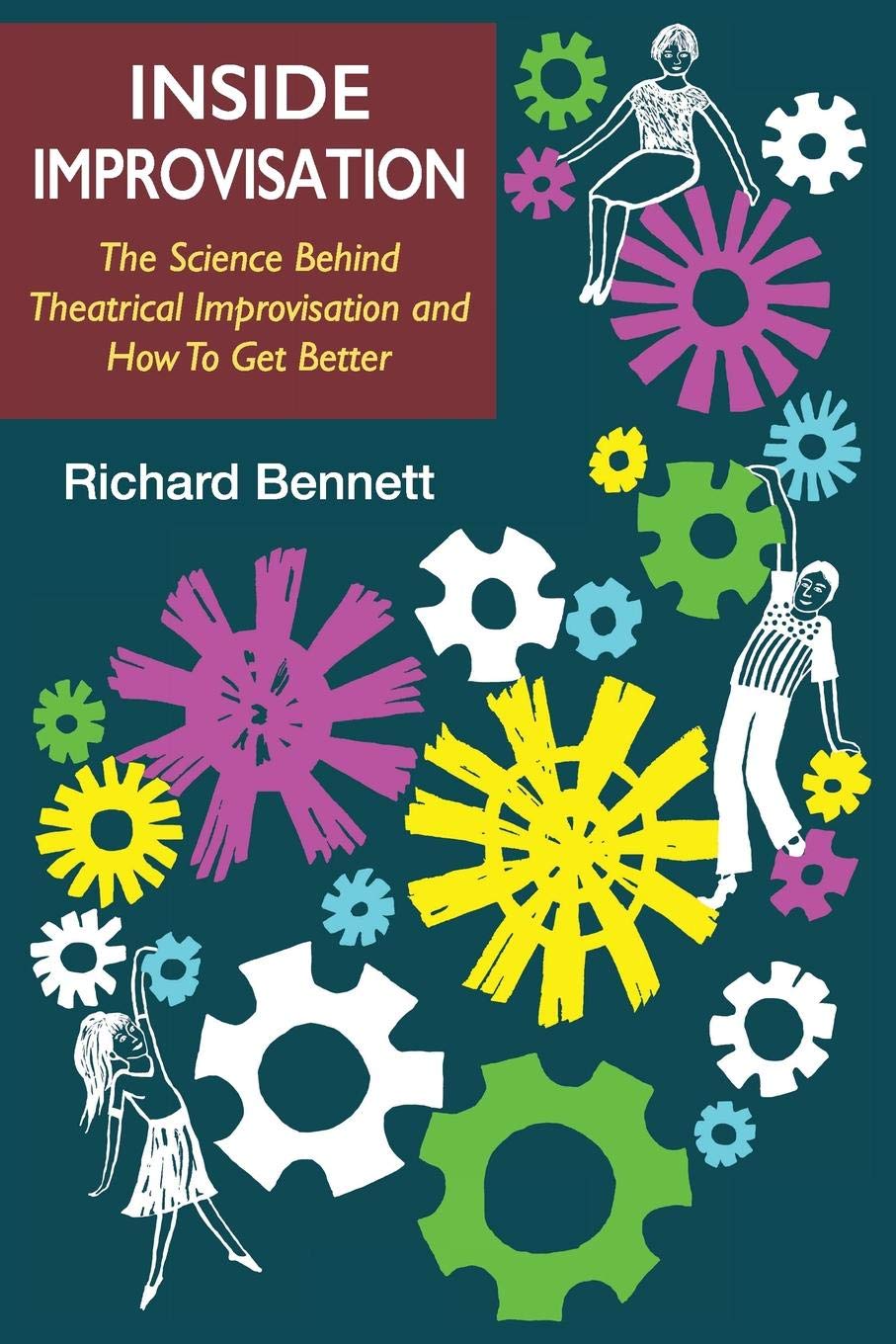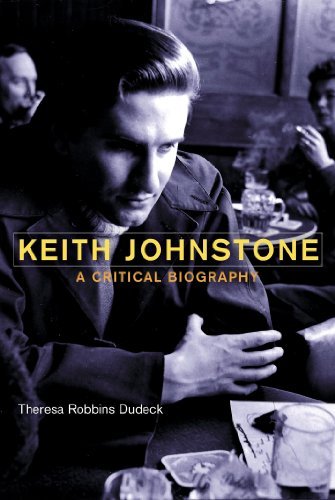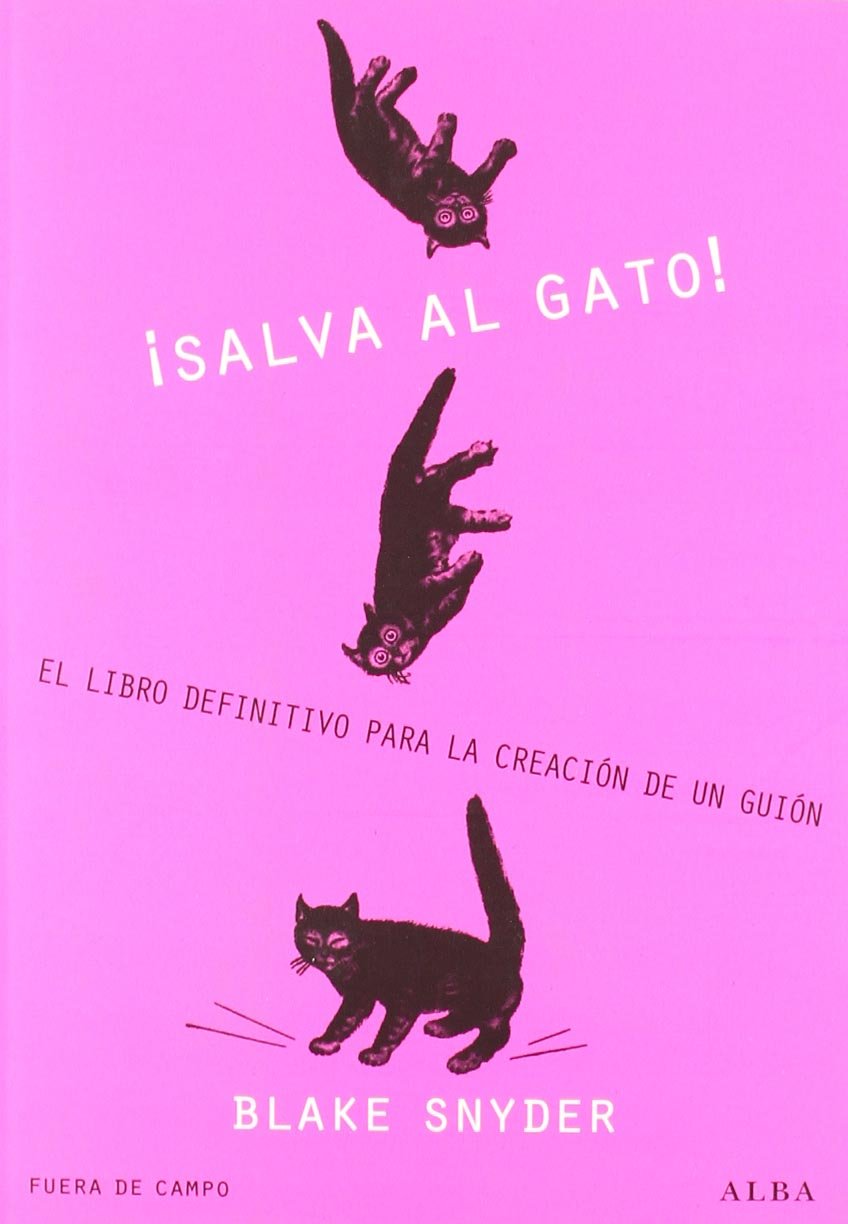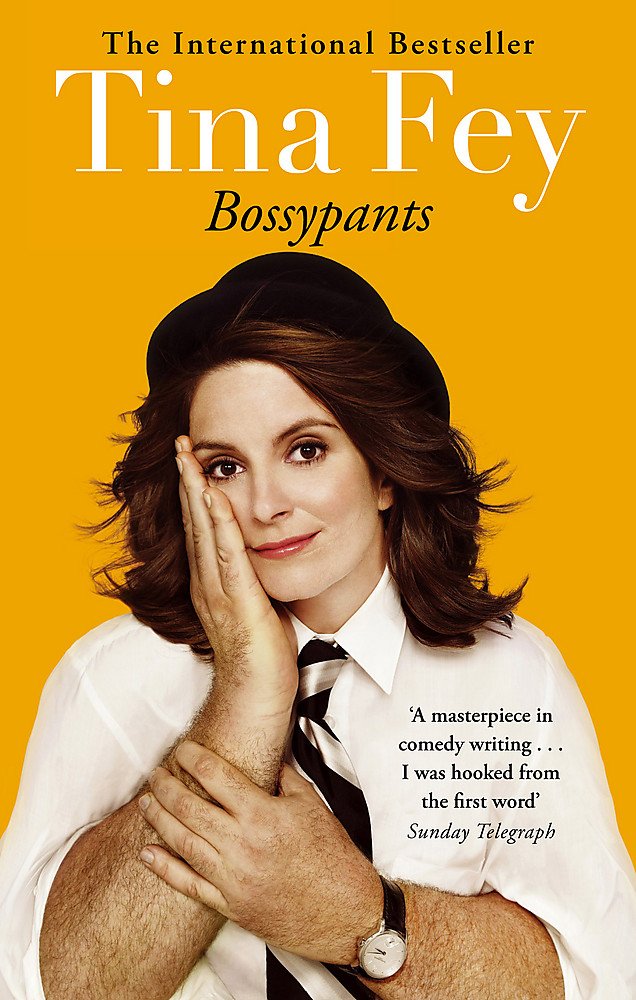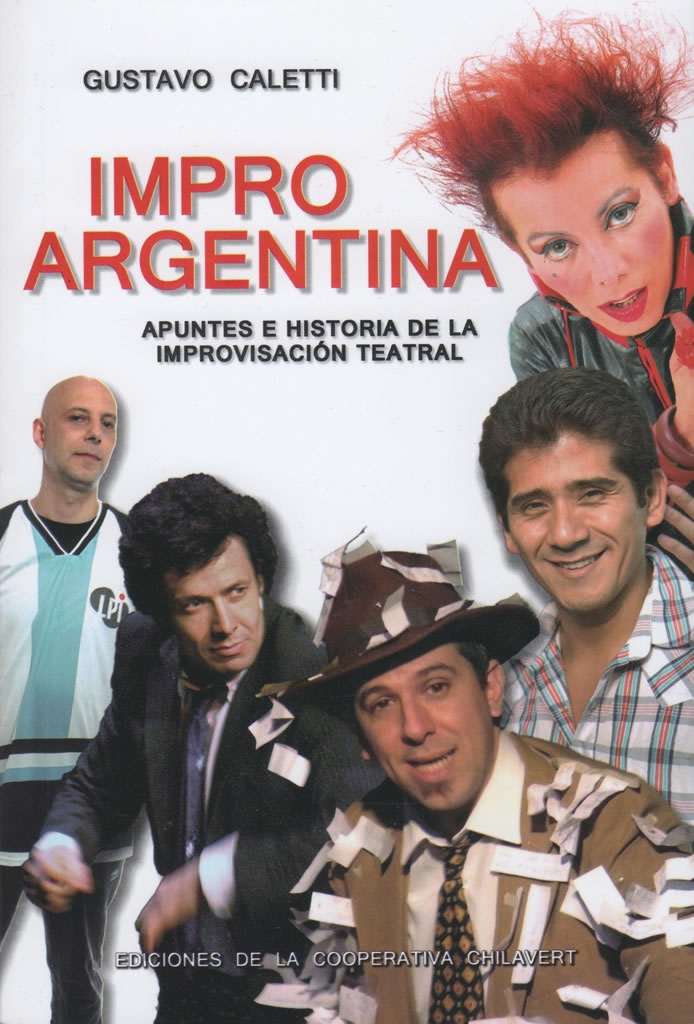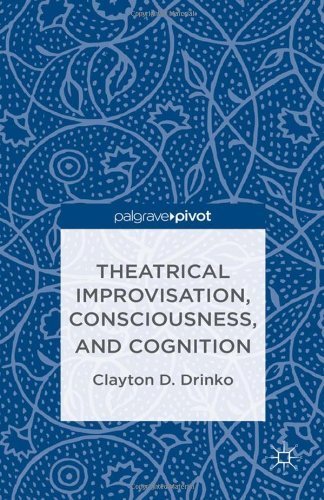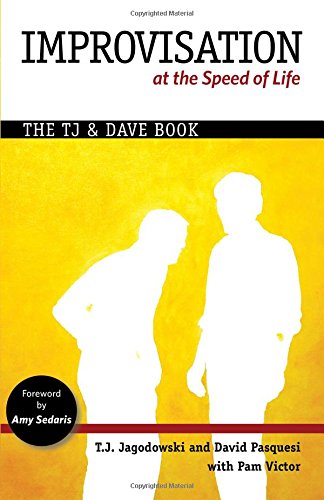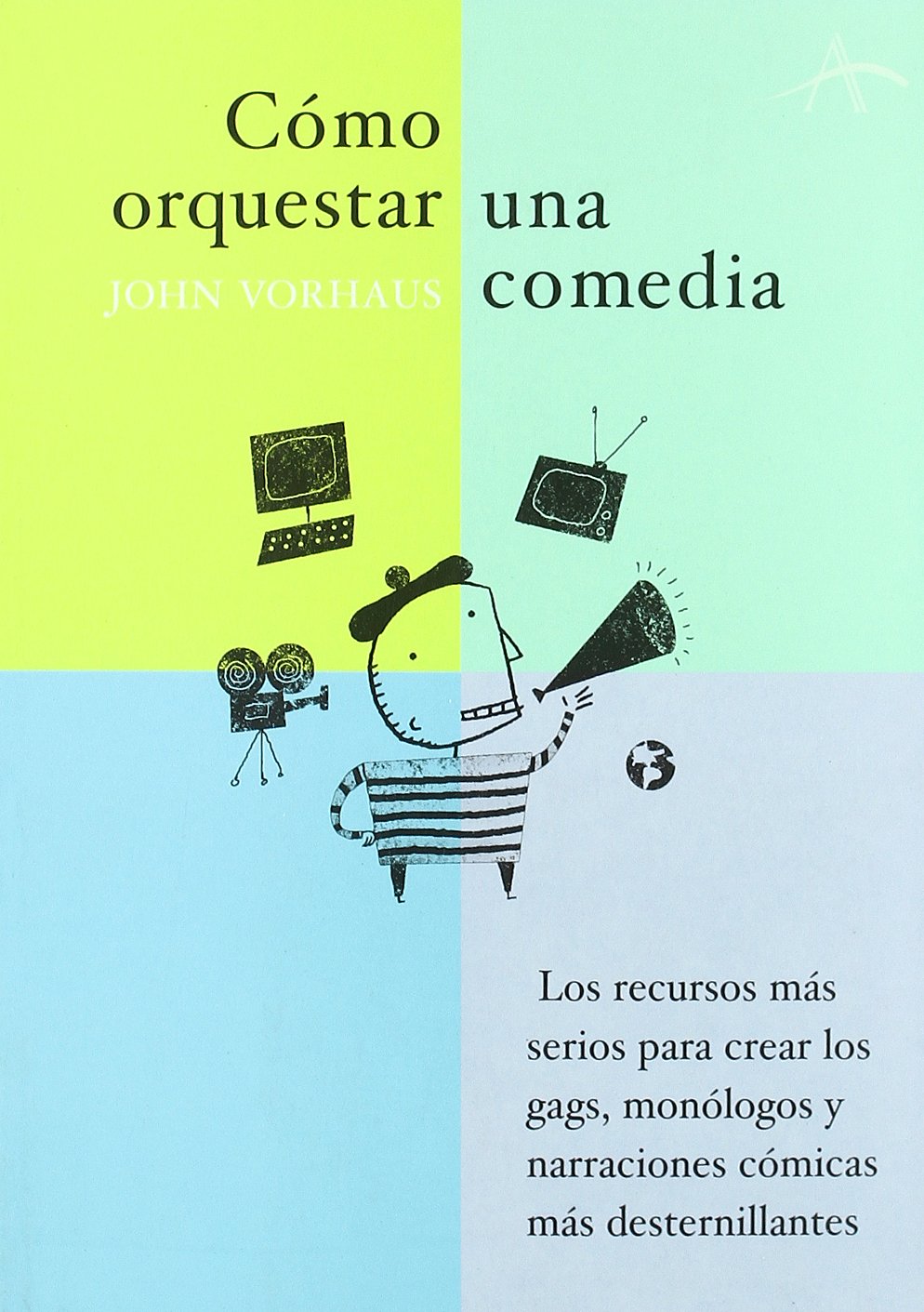TAKE IT EASY™ isn’t about a new way of doing improv, nor is it meant to replace your own style or approach. Instead it’s a mindset that can inform your performance and approach to improvisation. “Highly recommended for the beginning improvisor or the seasoned pro trying to rediscover the fun.” – Sam Super, The Second City Training Center’s 2017 Teacher of the Year This isn’t an ‘intro to improv’ book, nor is it a how-to manual. Instead, TAKE IT EASY™ is a collection of thoughts and observations designed to give people a different perspective on their craft, and it also includes games and exercises for people to do on their own or to bring to their group to reinforce the book’s teachings. Web: Ryan Millar – Take it Easy
Language
Brisez la glace! Organisation d’une ligue d’improvisation Este trabajo se publica en colaboración con la Ligue Nationale d’Improvisation y Éditions Gravel-Leduc Inc. Está especialmente dirigido a profesores, estudiantes de secundaria y estudiantes postsecundarios que deseen crear una liga. ¡Encontrarás ejercicios básicos, valiosos consejos sobre el arte de las justas, recomendaciones informadas para elaborar un presupuesto, establecer tus reglas y sugerencias para promocionarte!
Not all improv is the same. Inside Improvisation explores, compares and clarifies in detail the main methods of theatrical improvisation, from the Chicago method improv and Harold, to Keith Johnstone’s impro and Theatresports, and everything of significance in-between. Referencing modern scientific theory and 100+ research papers, Inside Improvisation uses the science behind improvisation, to explain how it works and how to become a much better improvisor. Topics include: how the brain works while improvising; presence and mindfulness; fear, anxiety and the freedom to succeed; leveraging the unconscious; group mind; how scenes actually work – metapragmatics and scene progression; why and how improvisation is funny; using alcohol, drugs and stimulants; acting and theatre theory applied to improvisation; and much much more.
Keith Johnstone entered the Royal Court Theatre as a new playwright in 1956: a decade later he emerged as a groundbreaking director and teacher of improvisation. His decisive book Impro (1979), described Johnstone’s unique system of training: weaving together theories and techniques to encourage spontaneous, collaborative creation using the intuition and imagination of the actors. Johnstone has since become world-renowned, inspiring theatre greats and beginners alike; and his work continues to influence practice within and beyond the traditional theatre. Theresa Robbins Dudeck is the first author to rigorously examine Johnstone’s life and career using a combination of archival documents – many from Johnstone’s personal collection – participant observation, and interviews with Johnstone, his colleagues and former students. Keith Johnstone: A Critical Biography is a fascinating journey through the physical spaces that have served as Johnstone’s transformative classrooms, and into the conceptual spaces which inform his radical pedagogy and approach to artistic work.
Blake Snyder, one of Hollywood’s most successful screenwriters, delivers a snappy, funny, and frank painting of the backstage of the film industry. Save the cat! refers to one of his infallible theories to make ideas more attractive and any script more satisfactory and, above all, sellable. But, above all, save the cat! shows the tools that every screenwriter is obliged to master if he wants to sell his work.
Once in a generation a woman comes along who changes everything. Tina Fey is not that woman, but she met that woman once and acted weird around her. Before 30 Rock, Mean Girls and ‘Sarah Palin’, Tina Fey was just a young girl with a dream: a recurring stress dream that she was being chased through a local airport by her middle-school gym teacher. She also had a dream that one day she would be a comedian on TV. She has seen both these dreams come true. At last, Tina Fey’s story can be told. From her youthful days as a vicious nerd to her tour of duty on Saturday Night Live; from her passionately halfhearted pursuit of physical beauty to her life as a mother eating things off the floor; from her one-sided college romance to her nearly fatal honeymoon – from the beginning of this paragraph to this final sentence. Tina Fey reveals all, and proves what we’ve all suspected: you’re no one until someone calls you bossy.
Impro Argentina. Notes and History of Theatrical Improvisation. Impro Argentina is the result of an in-depth research work that included more than 40 interviews with personalities from the world of Impro and a thorough review of works on the genre. The first part of the book, NOTES, is a theoretical contribution to the genre of theatrical improvisation: an introduction to Impro for novices and reflection material for those initiated.In THE HISTORY, the second part, Impro’s 21 years in the Argentine theater scene are told for the first time, from its beginnings to the present. Gustavo Caletti does not ignore his preferential dual position: improviser on stage and interested observer of cultural processes. With this work he contributes to disseminate a passion for the stage that attracts more followers every day and, at the same time, debate the place of improvisation in the Argentine theater environment. Official website
Improvisation teachers have long known that the human mind could be trained to be effortlessly spontaneous and intuitive. Drinko explores what these improvisation teachers knew about improvisation’s effects on consciousness and cognition and compares these theories to current findings in cognitive neuroscience, psychology, and philosophy.
T.J. and David are internationally known, award-winning, master improvisers from Chicago’s legendary scene. This in-depth look at the techniques, principles, theory and ideas behind what they do is both authoritative and entertaining. Since their early years playing the iO (formerly Improv Olympic) and the Second City mainstage theater (where David won a Joseph Jefferson award for best actor in a revue), TJ and Dave have been performing for over fifty years combined – fifteen as a team. David worked with improvisation guru Del Close, in development of theThe Harold, the preeminent longform theatrical structure, and both are multi-award winning actors.
A straightforward, often humorous workbook approach to comedy writing as creative problem-solving. In it, veteran Hollywood comedy writer John Vorhaus offers his tools of the trade to writers, comics, and anyone else who wants to be funny. Among these indispensable tools are Clash of Context, Tension and Release, The Law of Comic Opposites, The Wildly Inappropriate Response, and The Myth of the Last Great Idea. Readers will learn that comedy = truth and pain (the essence of the comic situation), that fear is the biggest roadblock to comedy (kill the ferocious editor within and rich, useful comic ideas will flow), and much more.
